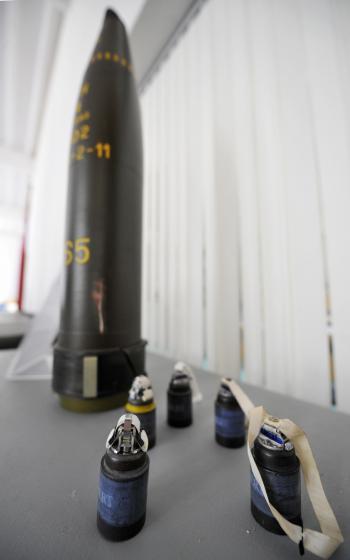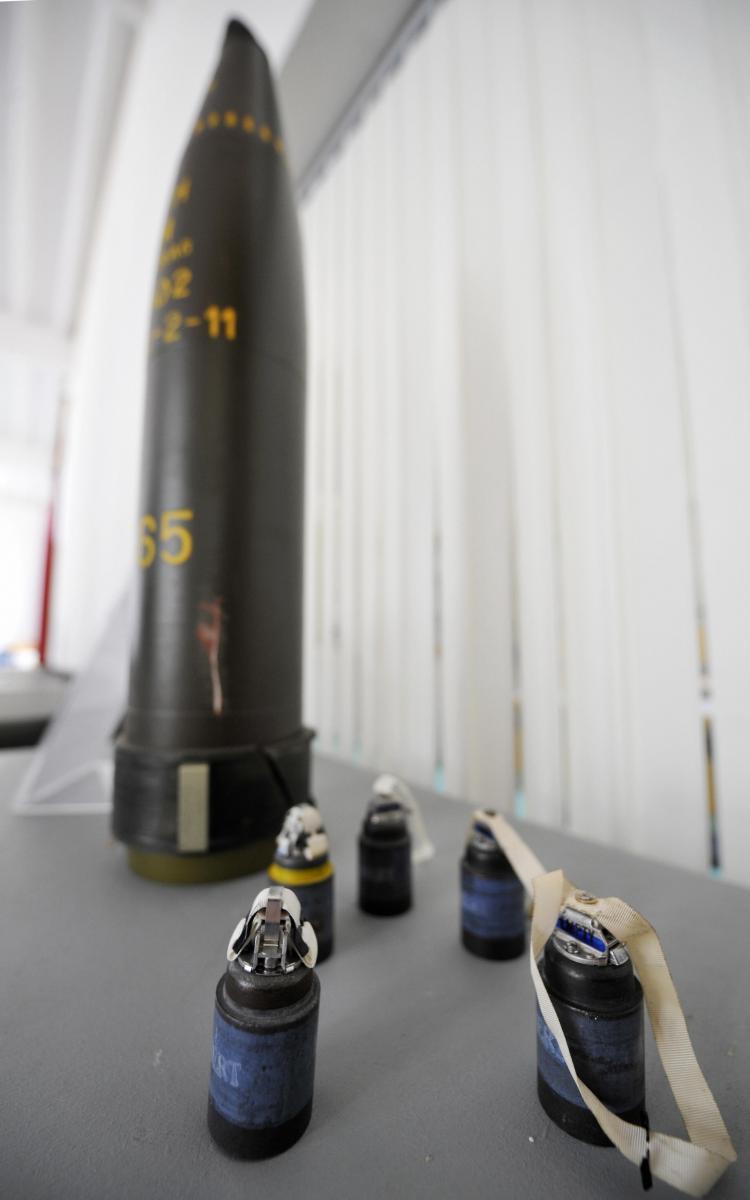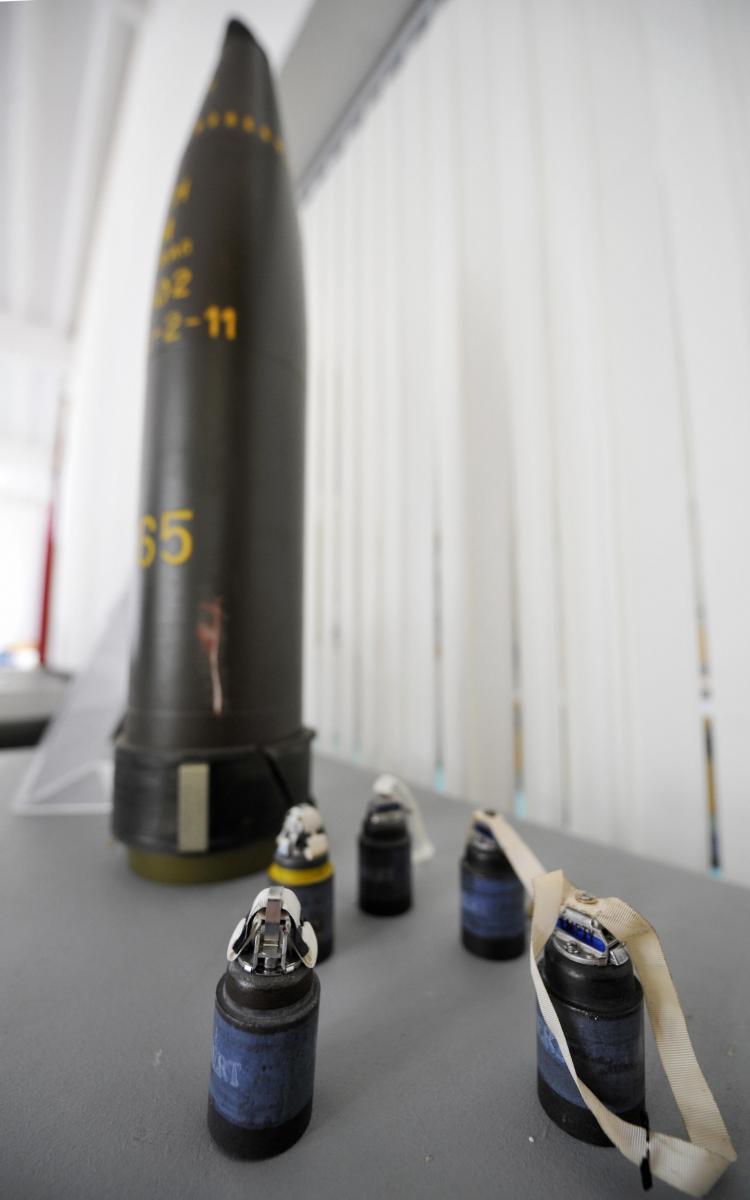With Burkina Faso and Moldova becoming the 29th and 30th countries to ratify the international convention banning cluster munitions on Tuesday, the convention has passed the last hurdle toward becoming a binding international law; it will go into effect Aug. 1.
The convention aims to ban the use, production, and transfer of cluster munitions and also obliges states to support survivors and affected communities.
So far, a total of 104 countries have signed the convention since 2008, but many have still not ratified it. A cluster bomb contains hundreds of smaller bombs that spread out over a large area, and can remain lethal to unsuspecting civilians long after the original deployment, similar to landmines.
“Cluster munitions are already stigmatized to the point that no nation should ever use them again, even those who have not yet joined the convention,” said Steve Goose, director of the Arms Division at Human Rights Watch in a press release.







